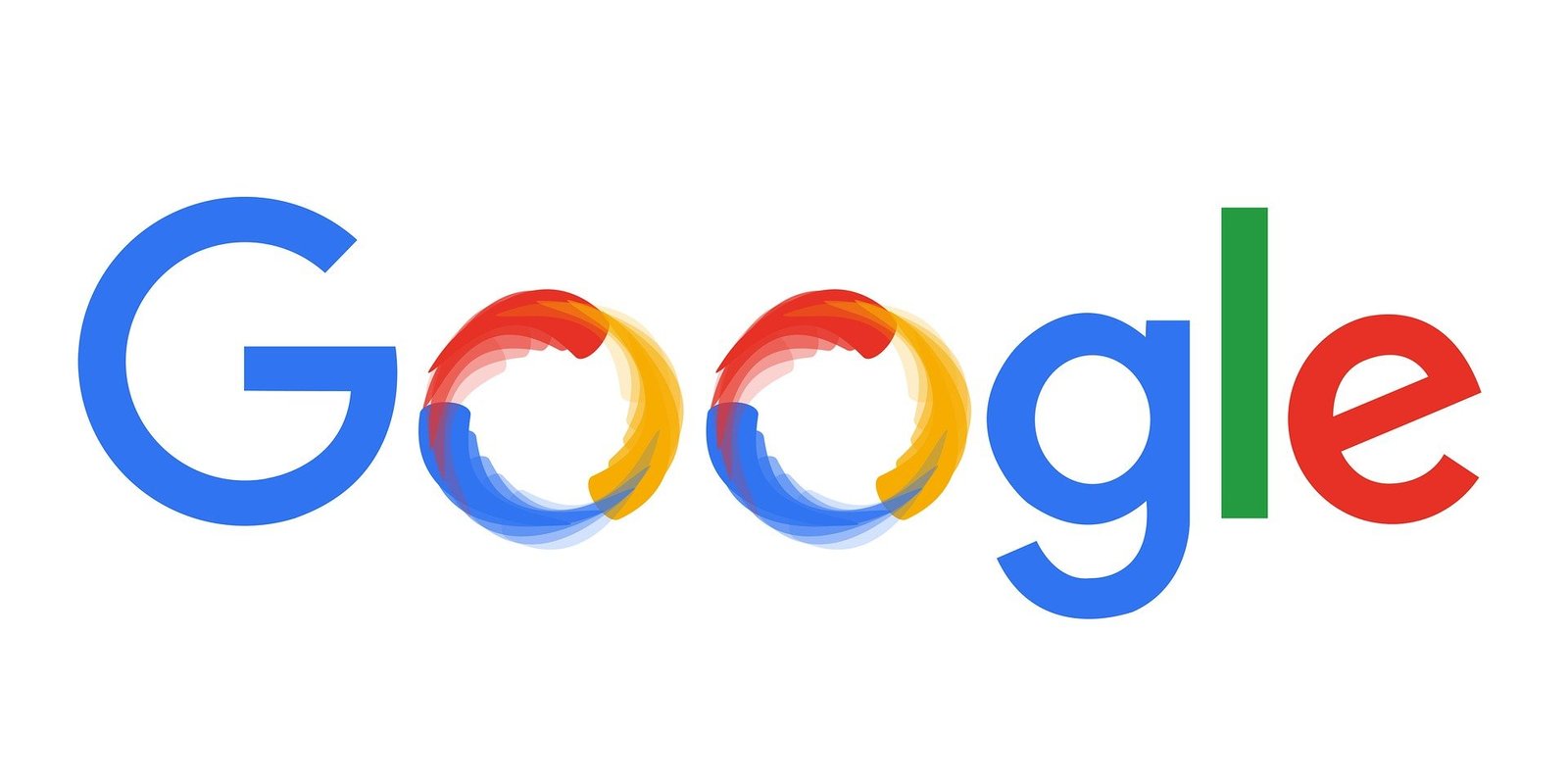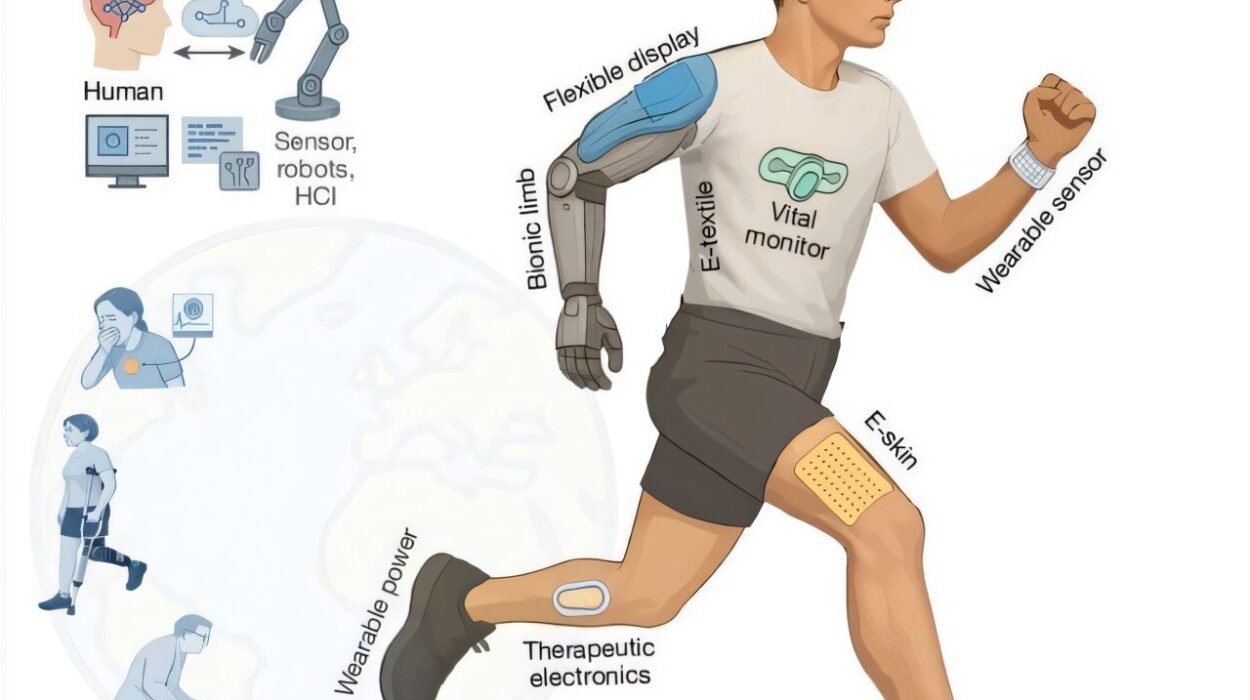What is Google? On the surface, it seems like a simple question. Most people would say Google is a search engine—the place you go when you want answers. And that is true, but it is also like describing the ocean as “just water.” Google is not simply a tool; it is a revolution that has permanently altered the way humanity connects with information, with one another, and with the world itself.
Google began as an idea—a dream to organize the vastness of human knowledge and make it accessible to everyone. In its earliest form, it was nothing more than lines of code written by two graduate students at Stanford University, Larry Page and Sergey Brin. Yet, in a remarkably short time, it evolved into something that transcended technology. Google became a verb, a habit, a daily companion, and for many, an extension of thought itself.
To ask “what is Google?” is not only to ask about a company, but to ask about how technology and humanity have fused in ways no one could have predicted. Google is a mirror of human curiosity, reflecting billions of questions every day—from the simplest queries about cooking recipes to the most profound explorations of existence.
The Birth of a Search Engine
The story of Google begins in the mid-1990s, a time when the internet was a chaotic ocean of information. Countless websites existed, but finding what you needed was like searching for a needle in a haystack. Early search engines like AltaVista and Yahoo! tried to tame this chaos, but their results were often messy, incomplete, or irrelevant.
Larry Page and Sergey Brin saw this problem not just as an inconvenience, but as a challenge worth solving. Their insight was deceptively simple yet revolutionary: the importance of a website could be measured by how many other sites linked to it. They developed an algorithm called PageRank, which treated links as votes of confidence. This method made search results not only more accurate, but also more meaningful.
In 1998, they launched Google, named after the word “googol,” meaning the number 1 followed by 100 zeros—a playful reference to their mission to process massive amounts of information.
What began in a garage quickly grew into a global phenomenon. Google wasn’t just another search engine; it was the search engine that made the internet truly usable for ordinary people.
The Philosophy Behind Google
From the very beginning, Google had a unique philosophy: knowledge should be accessible to everyone. Unlike closed systems or paywalled resources, Google was built on openness. Its mission was clear and ambitious—“to organize the world’s information and make it universally accessible and useful.”
This vision struck a chord with people around the globe. Suddenly, the barriers to information crumbled. Students in small villages could access the same knowledge as professors in world-class universities. Doctors in remote regions could look up the latest medical research. Entrepreneurs could learn, build, and share ideas with the world.
Google did not just change how people used the internet—it changed how people thought about knowledge itself. Information was no longer something locked away in libraries or elite institutions; it became a living, breathing, ever-expanding ecosystem, available at the touch of a button.
Google Becomes a Verb
Few companies in history have so deeply embedded themselves into human culture that their name becomes a verb. Yet by the early 2000s, “to Google” was synonymous with searching for answers online.
This was more than just clever branding—it was a cultural shift. People no longer needed to rely on memory, printed encyclopedias, or even experts in many cases. If you didn’t know something, you could “Google it” instantly. Knowledge was no longer about what you remembered, but about what you could find.
This transformation redefined human cognition. Psychologists even coined the term “the Google effect,” describing how people were more likely to forget information they could easily look up again. Google had become not just a search tool, but a kind of external brain for humanity.
Beyond Search: Google Expands
Google could have remained a search engine, but its ambitions stretched far beyond. Over the years, it expanded into countless areas of life, embedding itself into nearly every corner of digital existence.
It created Gmail, transforming how people communicate. It launched Google Maps, giving humanity the power of navigation with a level of detail once unimaginable. It developed Google Translate, breaking down barriers of language and fostering cross-cultural connections. It introduced Google Drive, Docs, and Sheets, allowing collaboration across continents in real time.
Then came Android, an operating system that would power billions of smartphones worldwide, bringing Google into the pockets of people everywhere. With YouTube under its umbrella, Google also became the planet’s largest video library, influencing culture, politics, and entertainment on a global scale.
Google’s reach became so vast that it was no longer just a company; it was an ecosystem, a digital infrastructure on which modern life runs.
The Science Behind Google’s Power
At its heart, Google is powered by one of the most sophisticated systems of artificial intelligence and data processing in human history. Behind the simple search bar lies an intricate web of algorithms, servers, and machine learning models that work at breathtaking speeds.
Every search query is processed in fractions of a second, analyzed by AI systems that sift through trillions of web pages. Google’s algorithms consider hundreds of factors—keywords, relevance, freshness, and user behavior—to deliver the most useful results. The sheer scale of this operation is almost unimaginable.
But Google’s science goes beyond search. Its AI research has pushed the boundaries of what machines can do, from developing natural language models that can understand human speech to creating systems that can identify diseases in medical scans. Google’s labs have even explored quantum computing, an area that could revolutionize technology itself.
In many ways, Google is not just a tech company; it is one of the leading scientific institutions of our time, driving innovation in fields as diverse as biology, physics, linguistics, and robotics.
Google and the Human Experience
Google is not just about technology—it is about people. Every query typed into its search bar tells a story of human curiosity, need, or desire. Some searches are practical, like finding directions or recipes. Others are deeply emotional—questions about health, relationships, fears, and dreams.
When people turn to Google, they often reveal their most private selves. It has become a silent confidant, a place where individuals ask the questions they may not dare to voice to anyone else. In this sense, Google has become a mirror of humanity’s collective consciousness.
This intimacy has sparked debates about privacy, data, and surveillance. While Google provides incredible services, it also gathers vast amounts of information about users, raising concerns about how that data is used. The relationship between Google and humanity is complex—one of empowerment but also dependency.
The Cultural Impact of Google
Google has not only shaped technology but also culture. The way we learn, work, and even think has been influenced by its presence. Education has shifted dramatically—students no longer memorize as much, because answers are always a search away. Journalism has changed, as Google News aggregates headlines and directs traffic to publishers. Businesses have adapted to a world where appearing in Google’s search results can determine success or failure.
Even language has evolved under Google’s influence. People phrase questions in ways designed to “work with” the search engine. Marketers talk about “SEO” (search engine optimization) as if Google itself were a living entity to be understood and appeased.
Google has, in essence, become a cultural gatekeeper, shaping what people see, learn, and even believe.
The Criticisms and Challenges
No story about Google is complete without acknowledging the challenges and criticisms it faces. As it grew into one of the most powerful companies on Earth, concerns about monopoly power, data privacy, and algorithmic bias became central.
Some argue that Google wields too much influence, controlling the flow of information in ways that can shape politics, economies, and public opinion. Others worry about the amount of personal data it collects, fueling debates about digital privacy in the modern age.
There are also philosophical concerns: what does it mean when a single company becomes the primary gateway to knowledge? Does this centralization of information limit diversity of thought, or does it empower humanity? These are questions society continues to wrestle with.
Google’s Role in the Future
What lies ahead for Google? Its journey is far from over. The company continues to explore frontiers that may define the future of humanity. Artificial intelligence remains at the center of its vision, with systems that can not only answer questions but anticipate needs. Google’s experiments in self-driving cars, healthcare, and renewable energy suggest ambitions that reach far beyond the digital world.
In many ways, Google is evolving from a search engine into a kind of global brain—a system that does not just respond to queries but actively shapes human interaction with reality. This presents both opportunities and dangers. The future of Google is, in many respects, the future of humanity’s relationship with technology.
Google as a Reflection of Humanity
At its core, Google is not just a company. It is a reflection of us—our curiosity, our fears, our dreams, and our contradictions. Every search typed into its bar is a fragment of the human story. It is not just an engine that processes information; it is a record of what it means to be alive in the digital age.
Google is humanity’s attempt to build a mirror so vast that it contains the sum of our knowledge and experience. It is imperfect, it is evolving, and it is powerful. But above all, it is human, because it was born from our endless desire to understand and connect.
Conclusion: The Meaning of Google
So, what is Google?
It is far more than a search engine. It is a revolution in knowledge, a scientific marvel, a cultural force, and a mirror of human curiosity. It has empowered billions, reshaped economies, influenced politics, and transformed the very fabric of daily life. It has raised difficult questions about privacy, ethics, and power, but it has also opened doors to possibilities once confined to science fiction.
Google is not just technology—it is humanity amplified. It is the story of two dreamers in a garage that grew into the most powerful information system ever created. It is proof of what happens when imagination meets code, when curiosity meets persistence, and when the hunger for knowledge becomes the foundation of civilization.
To ask “what is Google?” is to ask about the relationship between humanity and knowledge in the digital age. And the answer is both simple and profound:
Google is us—our questions, our answers, our fears, and our dreams—woven into a digital tapestry that stretches across the globe and into the future.






